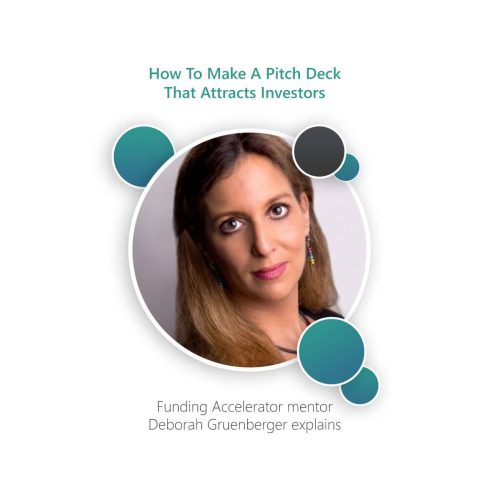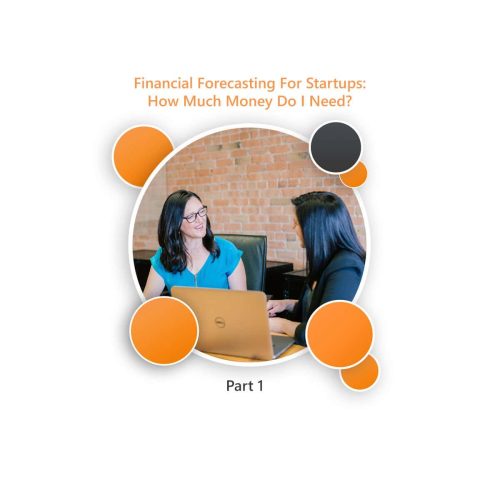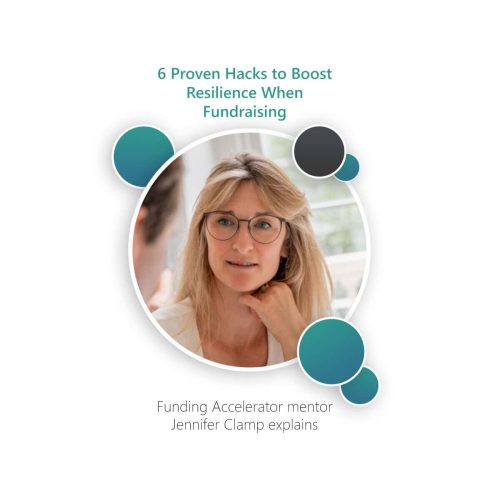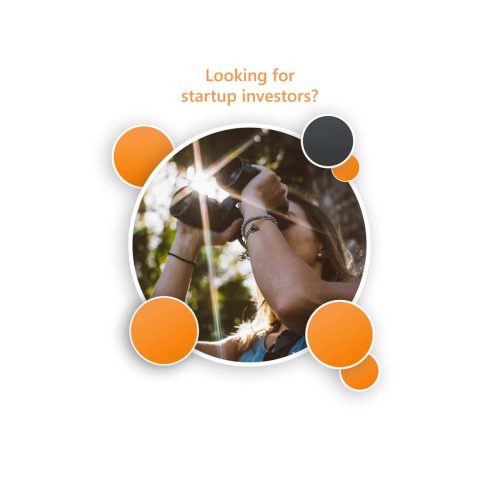Recently, Focused For Business’ founder Hatty Fawcett, was invited to be part of a panel discussing the topic “Raising in a Recession” at an event in London. So naturally this meant talking about raising funding in a recession for start-ups.
It was very distinguished panel that gathered together some of the best brains in Corporate Finance (Peter Glover from Montreal Park) and Venture Capital (Julia Prada from Atomico and Elis Russo from The Carlyle Group), together with Hatty representing pre-seed and seed funding.
Let’s get the bad news out of the way first.
The number of equity investments (and amount raised) in 2022 is down significantly on the previous year. At pre-seed stage the number of investments made in Q3 2022 were 41% less than the same period in 2021 and at seed stage deal volumes fell 26% compared to the same quarter in 2021.
The conversation was all about a market “correction” taking place:
- There is a new focus on profit and metrics rather than growth at any cost.
- Valuations are significantly reduced at Series A (although not yet at seed and pre-seed)
- Term sheets are less open to negotiation.
- The amount of due diligence being conducted is significantly increased.
At pre-seed and seed stage, we discussed how business angels are likely to react to the current situation.
Backing start-ups has always been risky so you might argue that High Net Worths (“Business angels” to you and me) have a greater appetite for risk than most. Where there is risk, the theory says you should spread risk over different types of investment. Many business angels have investments in stock markets and – when markets are buoyant – they use the dividends from these investments to back start-ups and, if the start-up is eligible for SEIS/EIS, they can off-set their tax liability.
Right now, angels with investments in stock markets will be looking at 30-50% decline in their portfolios – and this will impact on their ability to back startups.
Tips for Funding in a Recession
What did the experts recommend regarding raising in a recession?
- Everyone agreed it is time to re-assess business models and focus on profit – not growth at any cost.
- Metrics rule. Those businesses that measure and show a clear path to profit are more likely to get funded. Even if you are not yet profitable you need to focus on metrics such as Customer Acquisition Cost and Customer Lifetime Value that show how you will deliver profit over time.
- Teams matter. This isn’t just about having the right mix of skills across your team to deliver the business model but investors are now looking for sustainable teams with salary bills that can be afforded by they business. They are also looking for teams with experience of trading through a recession. People who have learnt what it takes by navigating a business through the last recession. Perhaps grey hair is fashionable after all!
- Make good use of your existing shareholders – and advisers – to support you through difficult times: Whether it is asking your shareholders for bridging funds; asking them to lead a funding round with follow-on funding; or asking them to open their contact book to provide introductions to useful people. Angel investors tend to be well connected if they can introduce you to potential customers or marketing, operational or distribution partners that can help you share or reduce cost and extend reach. Introduction can be as valuable as cash.
- The new SEIS/EIS criteria which come into effect from April 2023, are going to play an important role at Seed (and pre-seed) stage. Not only do the new rules allow start-ups to raise £250K (an increase on the previous level of £150K), but also investors can invest more. From April 2023 the amount investors can invest in each tax year increases from £100K to £200k – and they still get 50% of the investment back in the form of a tax reduction. Such incentives might very well bring pre-seed and seed investors back to the funding table. If you don’t yet have SEIS/EIS Advance Assurance join me at a (free, online) Funding Strategy Workshop to find out how to get this
There is definitely pain ahead, but it could be the pain that brings unexpected gains. Raising investment has almost become a badge to be fought for and worn with pride. Funding has become a goal in itself.
A tighter funding environment is an opportunity to look at ourselves, our businesses and to focus on building and running strong, sustainable businesses, rather than jumping on the funding gravy train!
It may require us to shift our focus and change our timelines for funding but ultimately it will deliver strong, more investable businesses. That is good news!
***************
If you have questions about how the recession will impact on your funding round, join a free, online Funding Strategy Workshop to get your questions answered.
Is your startup ready for equity investment?
Find out how attractive your business is to investors by answering 20 quick questions
- Founders’ Negotiation Tactics: How To Secure The Best Startup Valuation - May 12, 2025
- How To Master Your Sales Lifecycle: Close Deals Faster And Smarter - April 30, 2025
- How To Maximise Your Business Valuation And Attract Investors - April 7, 2025




















